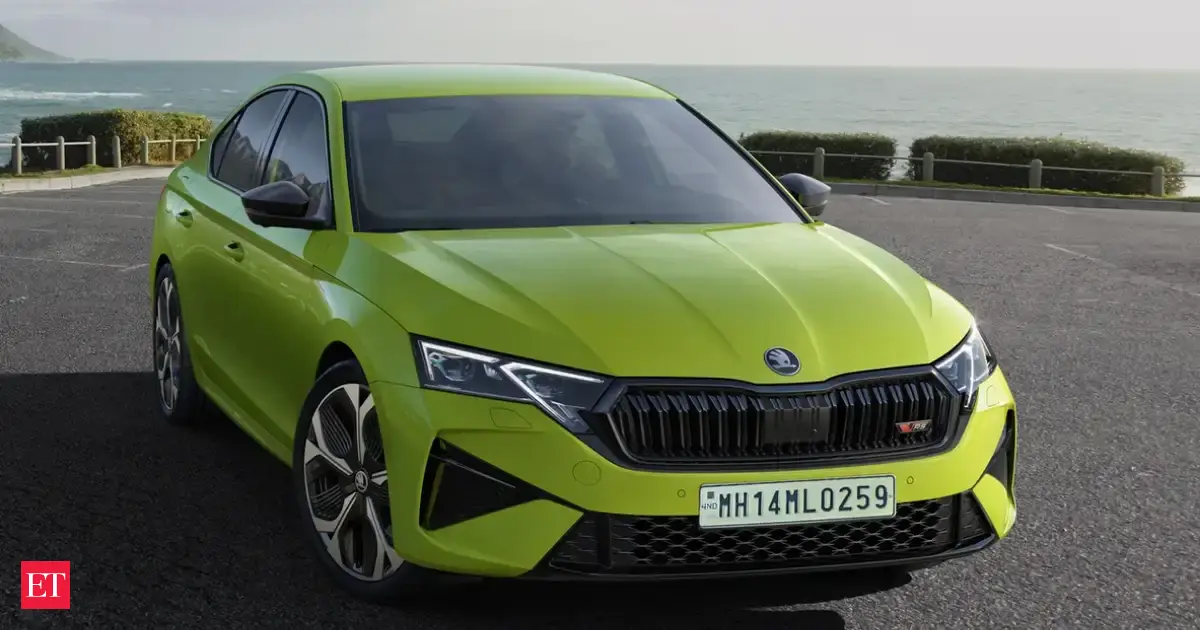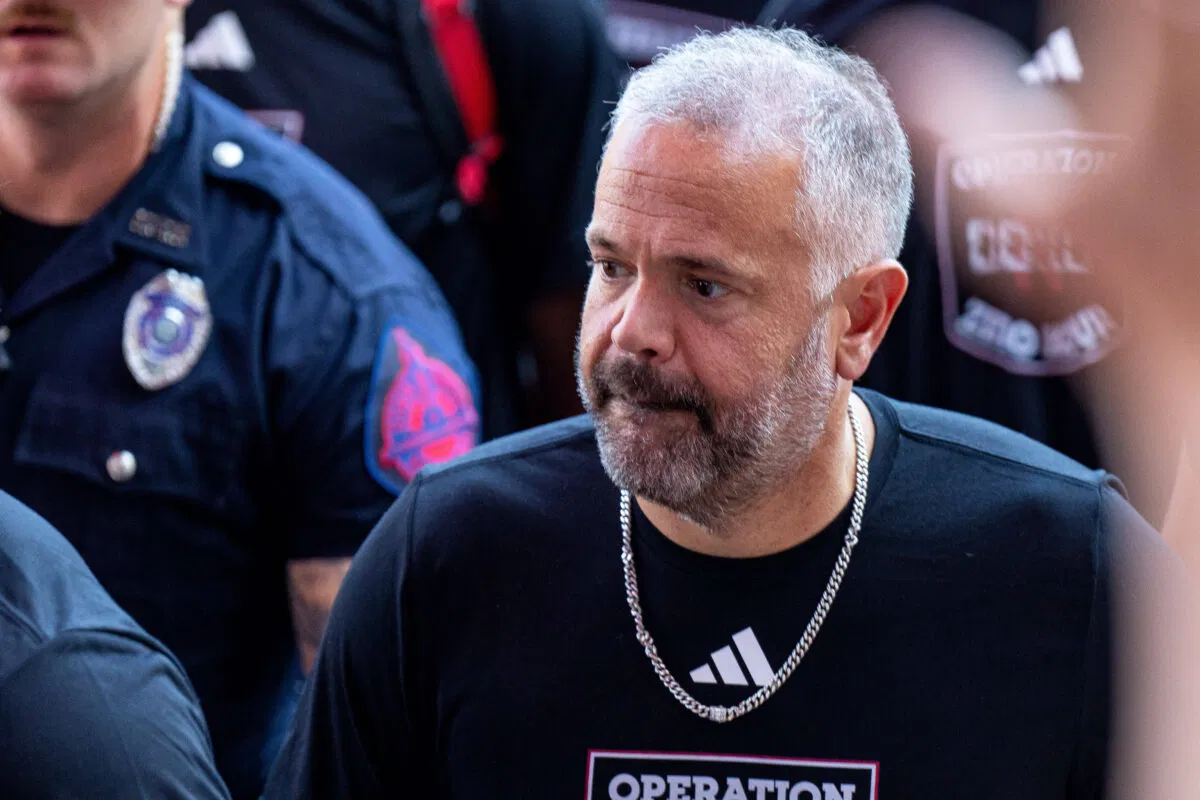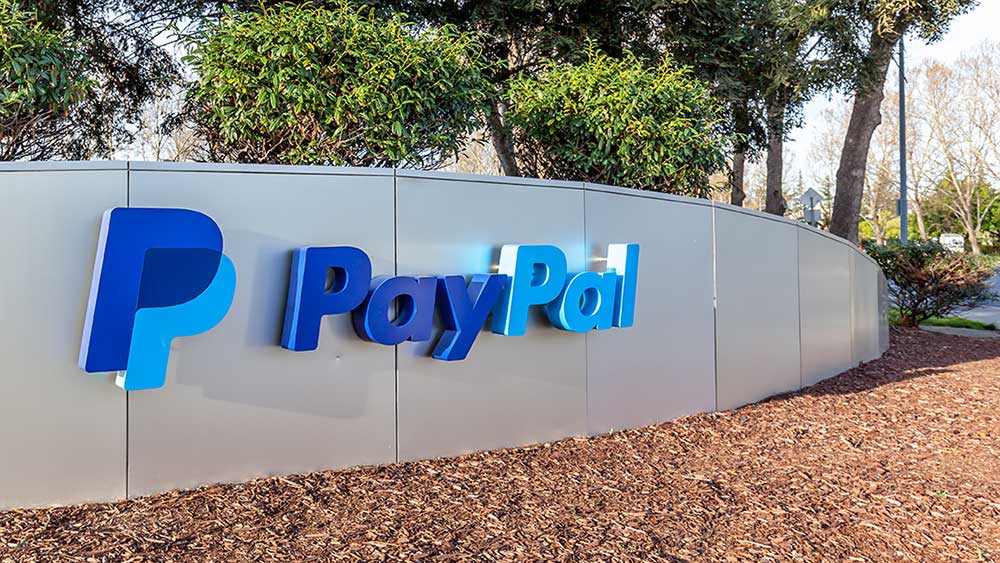Copyright International Business Times

As the electric vehicle market accelerates toward mass adoption, the industry faces a problem few want to discuss: reliability. For drivers, charging an EV is often an exercise in frustration, with broken chargers, incompatible software, and inconsistent service. For investors, volatility and shifting regulations have made the clean-energy transition a maze of risk. At the center of that storm, Nick Casas, CEO of Uptime EV Charger Inc. (UEC), is building a different kind of company. His focus is not on hype but on ethics, engineering, and endurance. Casas says he wants his brand's story to stay grounded in authenticity. "I don't want it to feel salesy. We're not so much better than everyone else. We're just creating a solution and this is how we figured out how to support the industry," he explains. A Company Built for Stability, Not Speculation Based in Farmington Hills, Michigan, Uptime EV manages, maintains, and optimizes EV charging assets across the United States. Its network of certified electricians covers all 50 states, and the company's stated mission is to deliver "maximum uptime" through in-house monitoring, rapid service response, and transparent maintenance programs. Casas and his team entered a market defined by volatility, where many solar and EV firms have collapsed under changing incentive structures. "The energy and electric sectors are filled with uncertainty," he says. "The amount of solar companies that I've seen close down is bad. But with that comes opportunity if you design a business that remains functional and relevant through change." Rather than chasing quick wins through government credits, Uptime EV targets portfolio clients with the appetite and capital for long-term sustainability: utilities, fleets, and retail groups seeking measurable uptime and stable performance. Casas explains that many companies built their business cases on federal and tax credits, but his team "saw that as a bottleneck. We didn't want to be pigeonholed by federal funds." That independence has allowed Uptime to focus on reliability, the missing piece in America's charging build-out. The Reliability Crisis in Charging A 2024 J.D. Power survey reported that roughly one in five public charging attempts fails due to malfunctioning or offline equipment. A U.S. Department of Energy study found that public fast-charging uptime averaged only 78 percent in 2023, well below the 97 percent target envisioned by the White House's National Electric Vehicle Infrastructure program. Uptime EV was designed to close that gap. Its website promotes a 24- to 48-hour service window and QR-code-based downtime reporting that allows users to "report an issue in 30 seconds." Every charger is tied into a network operations center in Michigan, staffed by human technicians rather than automated bots. Casas notes that "being able to have a true voice, not outsourced and not automated, is something I've seen missing in this industry." Engineering Integrity Into Growth Uptime EV's structure combines electrical contracting, manufacturing, and operations to reduce bottlenecks and maintain control. Casas describes how his team evaluates every hurdle: if a project is delayed because there is not enough power, they create portable battery systems and temporary charging units to keep it moving. "Every decision we make, at least two of the three businesses must support that solution," he says. Uptime EV brings together electrical contracting, manufacturing and operations to keep every project reliable and under control. UEC's parent company, a publicly traded Japanese corporation, which celebrated 75 years in business this year, oversees UEC and its sister firms, creating shared resources that help streamline projects and deliver dependable, cost effective charging solutions. This approach reflects a deeper philosophy. Casas points to early price gouging that hurt public trust. He recalls that an electric bus once cost more than 400,000 dollars in the U.S. market, even though it was less than 175,000 dollars to produce. "That whole experience really tainted adoption," he says. "We're focused on sustainability and customer experience because it's the right way to be focused." For Casas, ethical engineering, fair pricing, and durable design are not marketing slogans but the foundation for long-term competitiveness in a maturing market. Sustainability Beyond the Buzzword When asked about inefficiencies in the sustainability ecosystem, Casas points directly to batteries and supply chains. "The inefficiency comes back down to batteries, where they're sourced and how they're manufactured. The U.S. built a huge ecosystem of outsourcing. Even with new policy, it's a ten- to fifteen-year bridge before we can do it internally," he explains. Uptime EV's response is pragmatic localization. The company manufactures select long-lead components in-house to shorten deployment times and limit import dependency. It also screens suppliers based on sustainability and diversity metrics, tracking whether vendors are woman-owned, veteran-owned, or based in underserved regions. That operational discipline mirrors a broader industry reality. BloombergNEF projects that global public-charging installations must triple by 2030 to meet consumer demand. Reliability, not just scale, will determine which companies endure. The Human Factor Behind the Infrastructure Casas's leadership style is built on transparency and mentorship. "Every decision we make, I try to educate all employees why we're making it, not about sales but about our vision for the future," he says. "I may have the vision, but the team is the star." He credits his wife as his moral compass and his family as his anchor. "My goal is to create a golden standard for the industry, to do it morally, ethically, and with good business sense. I want my kids to be able to say, we built that," Casas adds. In a sector that often prioritizes growth curves over governance, his message stands apart: integrity as infrastructure. "We can build this the right way," Casas says. "And the public will support it."



